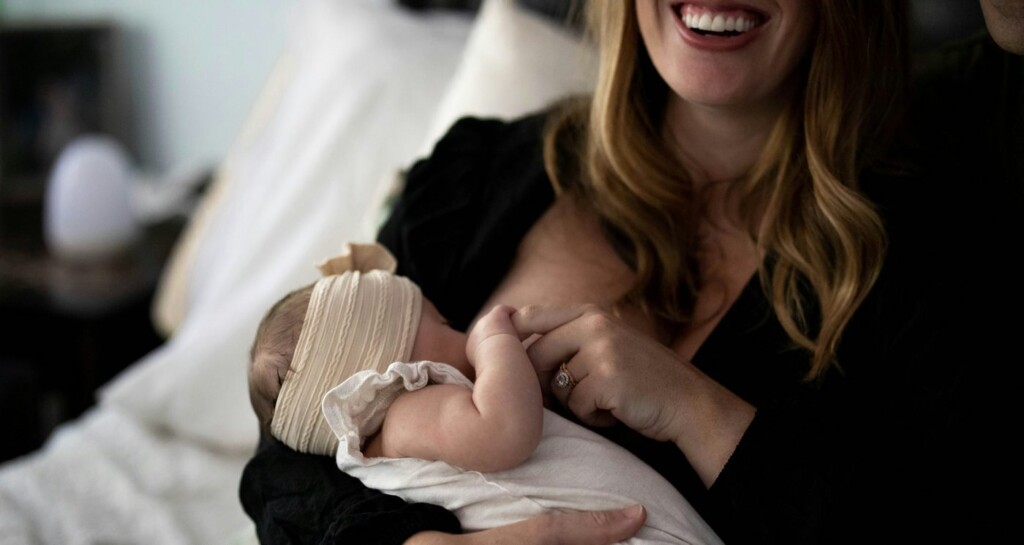
Scientists in Australia, which endures the highest rates of breast cancer in the world, have presented multiple lines of evidence to suggest that breastfeeding and childbearing reduces a woman’s risk for developing breast cancer.
The scientists started by first pointing out that as far back as 300 years ago, people noted that women who didn’t have children—nuns, in this case—suffered from the highest rates of breast cancer in society.
More modern research confirmed these early observations, but the mechanism behind why that might be remained hidden. While previously hypothesized to be the work of hormonal shifts, the answer now seems clear: breastfeeding works on the human immune system.
“Pregnancy and breastfeeding leave behind long-lived protective immune cells in the breast and the body, and these cells help to reduce risk and improve defense against breast cancer, particularly triple-negative breast cancer,” Professor Sherene Loi, a medical oncologist and lead author on the research, told ABC News Au.
Triple-negative breast cancer, one of several forms of the disease, is characterized by an absence of the three receptors commonly found on breast cancer cells. It’s common in younger women but is one of the less-common forms of the cancer, as well as the most lethal.
Cancer risk is determined by many factors, but Loi felt confidant is ascribing the decision by many modern women around the world to delay pregnancy and shorten, or even abandon breastfeeding, as contributing to cancer risk.
A study published last week in Nature found that women who had children and breastfed had more T cells in their breast tissue, which “act like local guards, ready to attack abnormal cells that might turn into cancer,” Loi said.
T cells are those which are activated to fight cancer in the Nobel Prize-winning treatment known as CAR-T cell therapy, and these were found to be more plentiful in the breast tissue of women who breastfed or had children, and that these elevated T cell counts were conserved for years and years after the mother had stopped breastfeeding.
To provide additional controls, Professor Loi and her co-authors performed a test with mice, implanting cancerous cells in the mammary fat of animals that had never reared offspring, that were rearing them, or who had had and finished rearing them.
Group 2 showed smaller tumor growth with a higher T cell count, while group 3—those who had reared and weened pups—showed the smallest tumors. To continue their tests, the scientists removed the T cells from the mammary tissue, and the cancer began to grow and spread unabated.
Lastly, the study presented an analysis on 2 papers totaling 1,000 women with triple-negative breast cancer to see if the effect in mice was replicated in humans.
SUPERMOMS:
“What we found is that women who had breastfed did better than those who had not breastfed, and their tumors actually had more immune cells … suggesting there was ongoing immune activation and regulation from the body against their breast cancer,” Professor Loi told ABC.
Though quantifying this protective effect is very nuanced, it seems that every child a woman has reduces her risk for breast cancer by 7%, and each 5 months of breastfeeding reduces it by an additional 2%.
These are substantial differences when the average rate of breast cancer incidence is about 1 in 8 women.
SHARE This Great News For A Natural Motherhood With Your Friends…


Leave a Reply